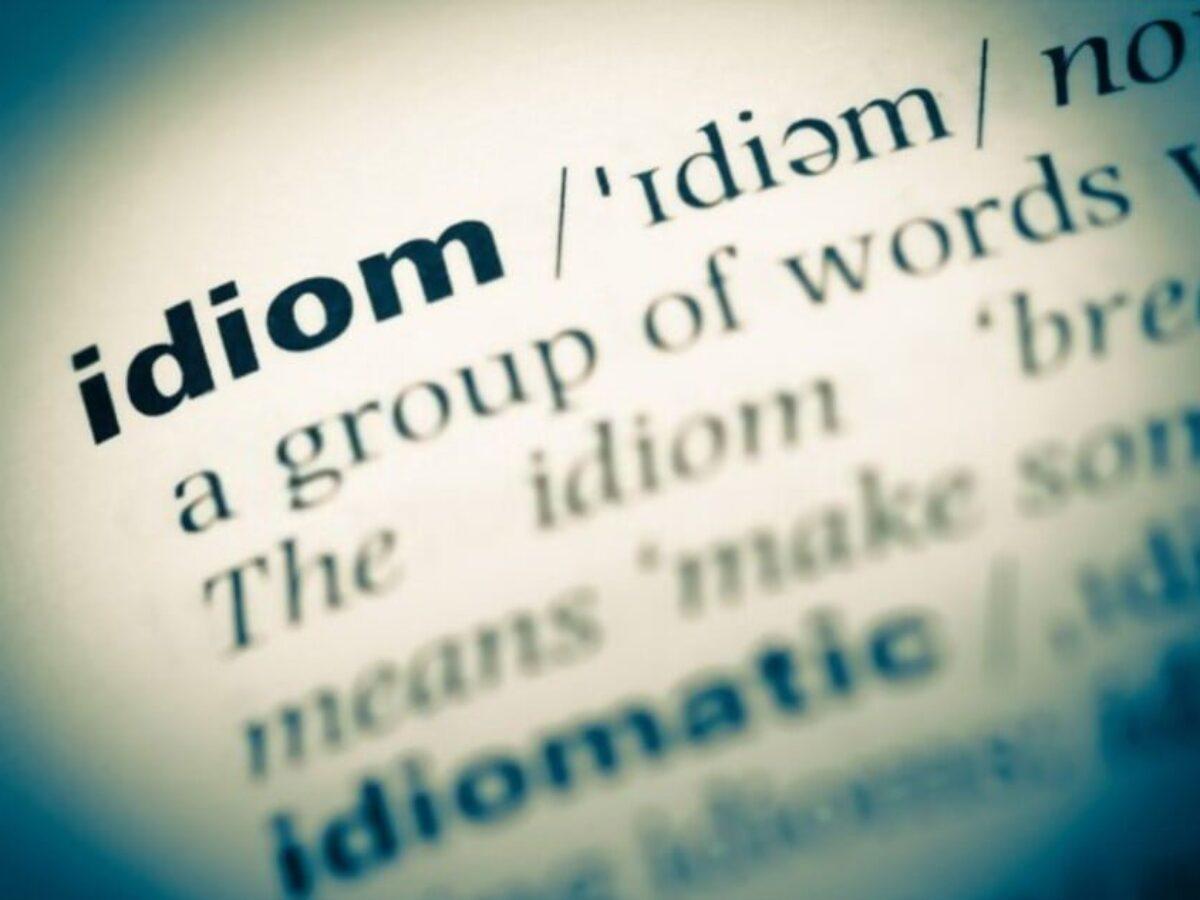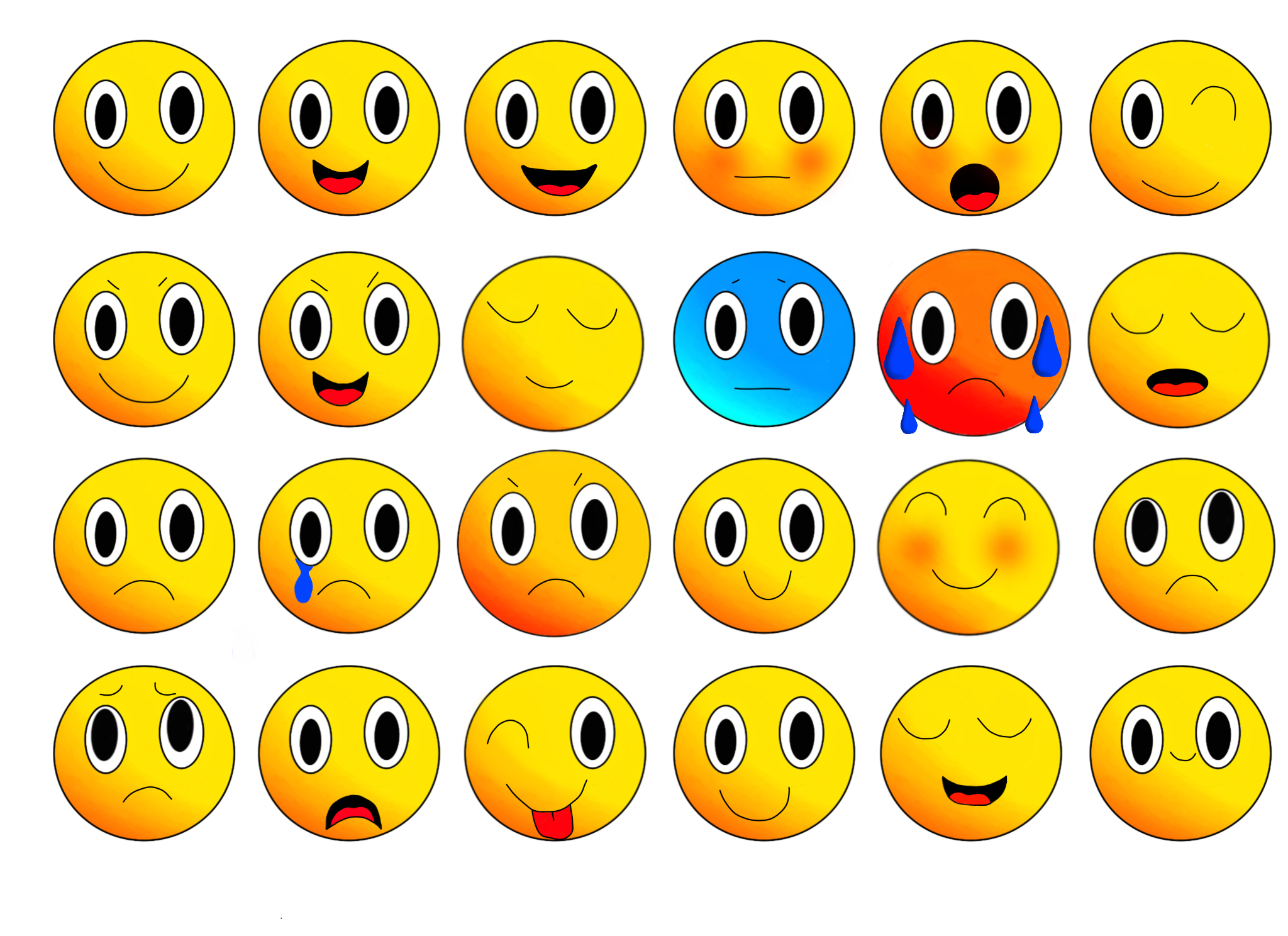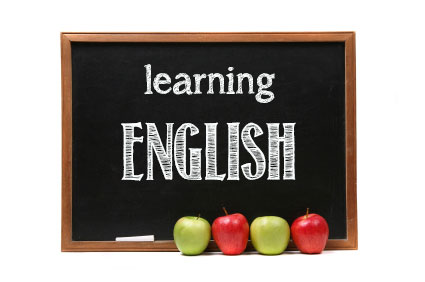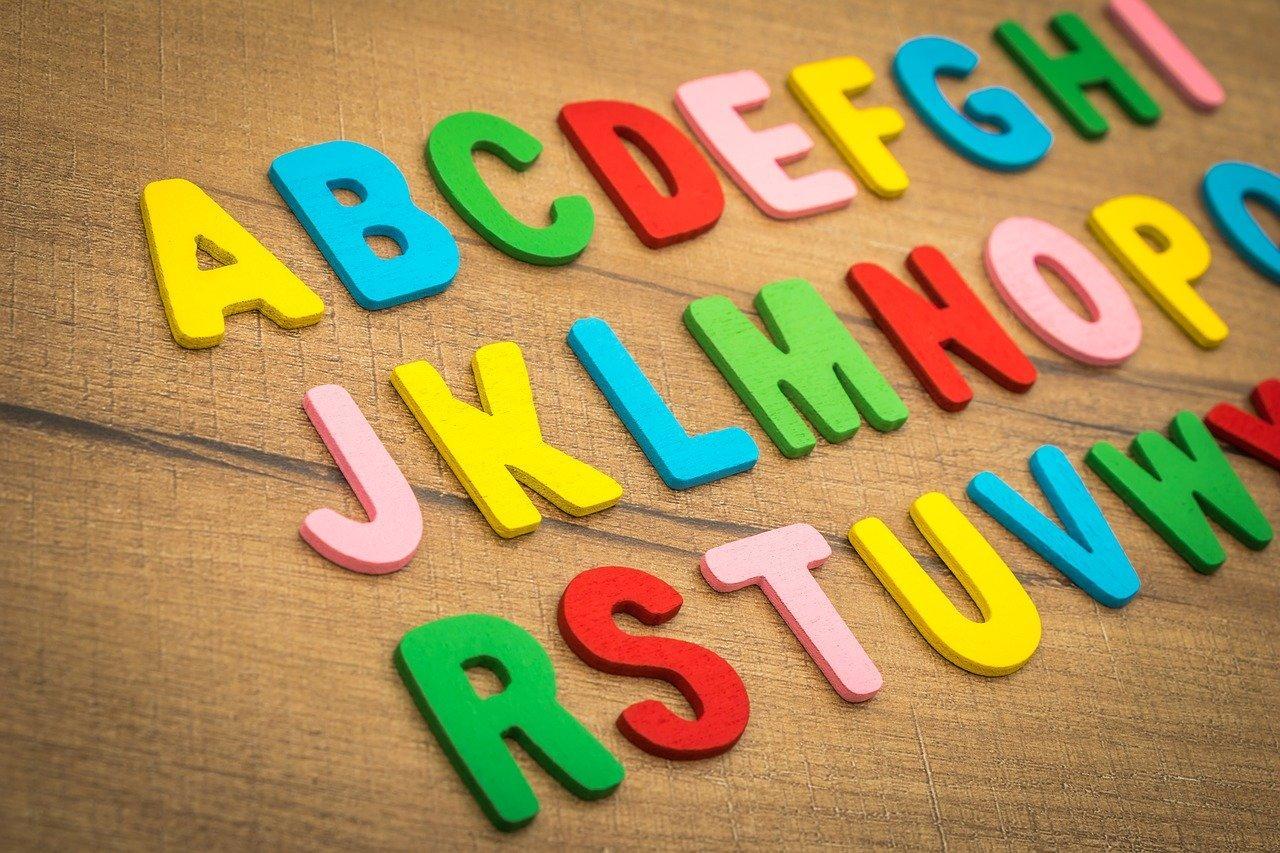Idioms, proverbs, and phrases in English play a significant role in everyday speech. Both in spoken and written English, they are often used. You must become familiar with each idiom's definition and application because they don't always make sense when taken literally. Even though it might seem like a lot of work, learning idioms can be entertaining, especially when you contrast English idioms with those in your own tongue.
You can feel comfortable utilizing any of the idioms in this article with native English speakers from all English-speaking nations because none of them are uncommon or out of date. Anyone who wants to comprehend and speak English well must learn idioms. They are frequently used in literature, popular culture, and everyday discussions. Understanding idioms can help learners grasp the richness of the language while also facilitating conversation. Here is a common idiom list for beginners.

What Are Idioms And Phrases?
Idioms and phrases are groups of words that have a specific meaning that is different from the literal meaning of the individual words. They are often used to add color and vividness to language, and can also be used to express emotions or ideas concisely.
For example, the idiom "a piece of cake" means something easy to do, while the phrase "under the weather" means feeling sick. Idioms and phrases can be found in all languages, and they often reflect the culture and history of the people who speak them.
"Break the ice" - To initiate conversation or start a social interaction in a friendly manner.
"Hit the nail on the head" - To precisely identify or address a problem or issue.
"Bite the bullet" - To endure a painful or difficult situation with courage and determination.
"Cost an arm and a leg" - To be very expensive.
"Piece of cake" - Something very easy to do.
"Jump on the bandwagon" - To join or support something that has become popular or fashionable.
"Let the cat out of the bag" - To reveal a secret or disclose confidential information.
"Raining cats and dogs" - Heavy rainfall.
Some idioms and phrases are so common that they are used without people even realizing that they are using them.
For example, the phrase "time flies" is so common that it is often used without people thinking about what it means.
Idioms and phrases can be a fun and interesting way to learn about a language and its culture. They can also be a great way to express yourself uniquely and creatively.
A great example of an idiom -
A bird in the hand is worth two in the bush
Meaning - What you have is worth more than what you might have later.
A penny saved is a penny earned
Meaning - What you save today is what you can spend later.
Find Spoken English classes in India, and learn more about the English language.
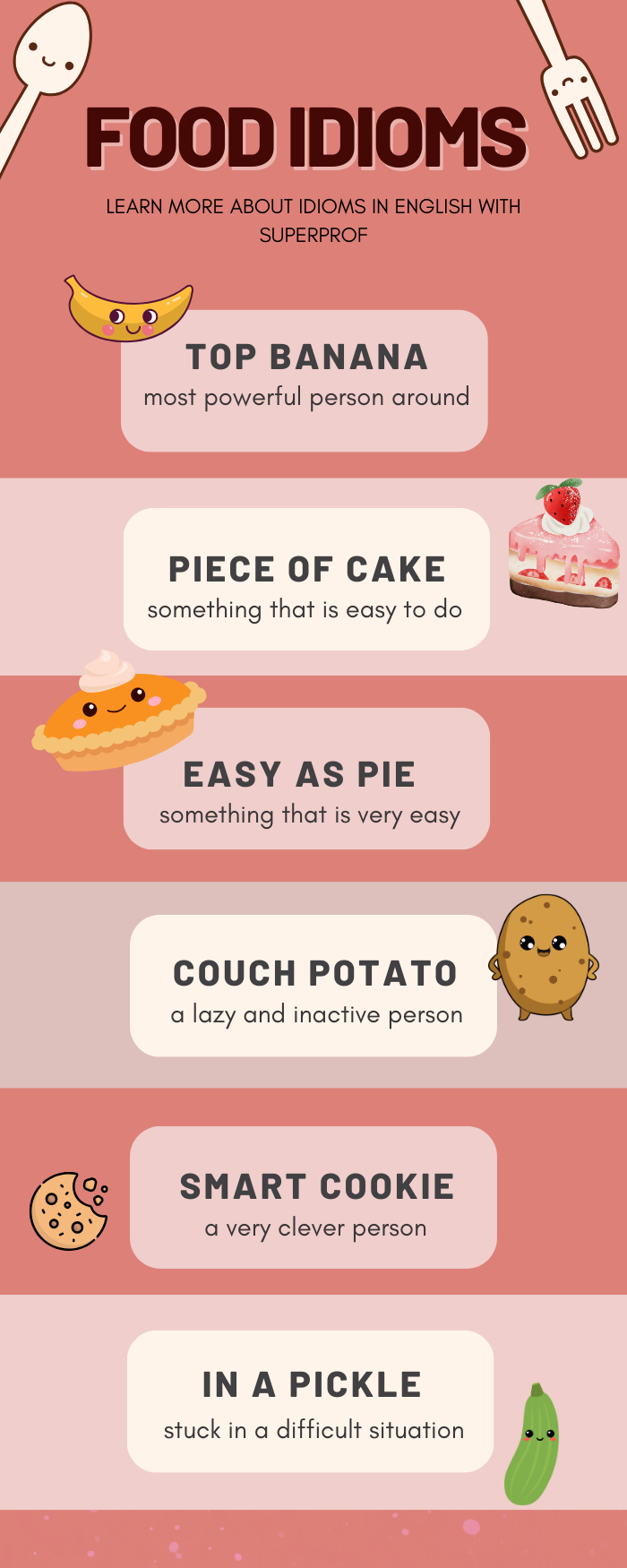
Common English Idioms for Happiness
Here are some popular happiness idioms in English.
Happy-Go-Lucky
A person who lives a pleasant, carefree life is always joyful and unconcerned about anything.
Example: She has a happy-go-lucky attitude towards life.
In Seventh Heaven
To be in seventh heaven is to be blissfully joyful, in a state of euphoria, or entirely content. Earth is surrounded by seven concentric spheres, which Muslims and Jews interpret as the seven degrees of heaven or righteousness. The ultimate bliss, where God dwells, is located on the seventh and final level. Both religious and agnostic people have used the term to describe a sense of bliss since the early 1800s.
Example: Since they got married, they've been in seventh heaven.

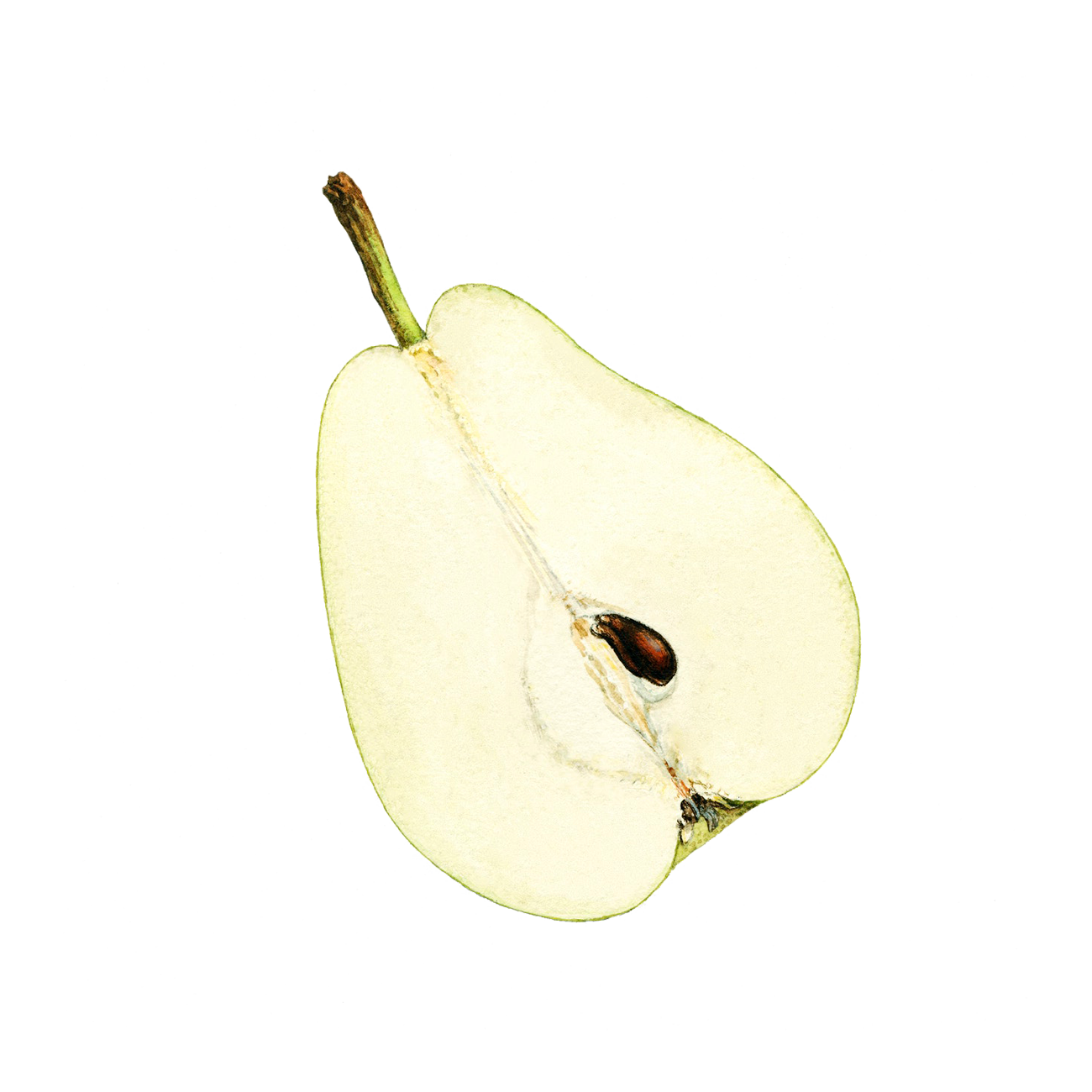
Grinning From Ear to Ear
This idly refers to smiling widely to appear happy. In reality, the alternate phrase "smiling ear to ear" is occasionally used. refers to a smile that is so big that it spans both ears. While it can refer to merely the impression of happiness, like when grinning broadly for a photograph, it frequently refers to a genuine sensation of satisfaction, particularly in proud times after a significant accomplishment.
Example: He's grinning from ear to ear because he just bought a new car.
Join Spoken English online classes in India, and learn more about the English language.
Bursting with Joy
Being filled to the brim with happiness and joy is referred to as being bursting with joy. Your heart is so full of joy that it is about to overflow their possibilities are comparable. You can be brimming with pride or with elation. In reality, you may use any noun in English to describe a pleasant or negative emotional state and be understood. Irrespective of how strange it may seem, saying "I was bursting with anger" ly intelligible idiomatically.
Example: The kids burst with joy when they were told they were going to the theme park over the weekend.
On Top of the World
If you feel like you're on top of the world, you probably are. You feel ecstatically joyful to the point of being overjoyed. This idiom can occasionally take on a somewhat different meaning when the word seated is included to denote being in a good position, a state of advantage or power, and, of course, being glad about it.
Example: He was on top of the world after he won the Inter-school Championships.

On Cloud Nine
To be extraordinarily joyful and blissful is to be on cloud nine. Naturally, the expression refers to sitting on a cloud. Clouds naturally have a positive connotation because they are linked to heaven and angels. However, why nine? The phrase "seventh heaven" is analogous, but this one isn't trying to outdo the other by implying that it's two levels higher! No, it's most likely that the International Cloud Atlas from 1896 has the origin.
An international cloud classification system was tried in 1890 by a group of meteorologists from different nations. They settled on ten levels or classes. As cloud nine, the cumulonimbus cloud changed. These clouds are now connected to thunderstorms and rain showers. In actuality, they were known as shower clouds or thunder clouds. But they are large and plush, making them ideal for sitting on. Furthermore, cloud nine sounds more pleasant than cloud six or ten.
Example: She's been on cloud nine since she heard the news of her promotion.
Over the Moon
Being ecstatic about something means that you are happy with it. Very content and cheerful. This is most likely derived from the popular nursery rhyme from the 1800s that featured, among other unlikely events, a cow jumping over the moon. This cow typically appears to be very joy, be leaping over the moon in children's picture books.
Example: He was over the moon about his team's win in the game.
Walking On Air
To be exuberant, cheerful, or joyous is to be walking on air. This is a wonderful chance to clarify an idiomatic issue that could cause misunderstandings. If you use idiom dictionaries to learn about idioms, be aware that some of them have the unfortunate propensity to utilize a root word that is never used in an idiom. We never use the phrases walk on air or walked on air here. The expression "walking on air" refers to a feeling of inner lightness and happiness that makes you feel as though you're floating.
Example: She was feeling like walking on air after hearing the news of her topping the exams.
Have a Whale of a Time
To have a whale of a time is to thoroughly enjoy oneself. The only reason the word "whale" is employed is because whales are such impressively big animals.
Example: I spent the summer holidays in Goa and had a whale of a time!
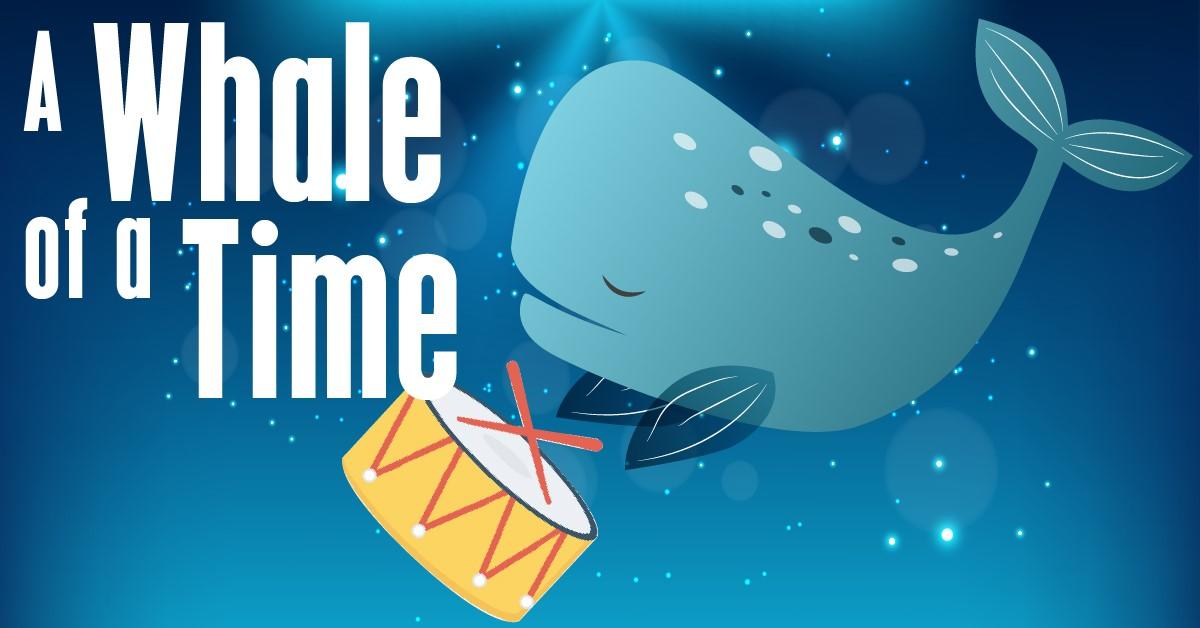
Have the Time of Your Life
Experiencing the time of your life means having a really fun and thrilling experience. The meaning of this expression, which can also indicate having the most delightful time ever, is frequently exaggerated.
Example: I traveled to France for the first time last summer, and I had the time of my life!
Common English Idioms for Sadness
Here are some popular sadness idioms in English. Use and practice these idioms for fluenin of language and conversation.
Face Like a Wet Weekend
If a person has a face that looks like a wet weekend, it means they are wearing a sad expression and appear to be feeling miserable. This is because of the bad weather
Example: Jason’s walking around with a face like a wet weekend. What happened to him?
Feeling Blue/To Have Blues
Songs and movies have frequently used this idiom. Blue is associated with sadness, depression, and a bad mood. While the phrase "have the blues" usually refers to someone else, we can use "feeling blue" to describe either ourselves or others.
Examples:
I usually feel blue when I think about going back to work on Monday.
My parents have the blues during the holidays if I can’t make it home.
Lump in Your Throat
The term "lump in your throat" refers to when a powerful emotion, particularly melancholy, causes you to feel choked up. A feeling in our throat that suggests we may be about to cry occurs frequently when we watch a movie that stirs intense emotions within us.
Example: It was quite a moving speech - it almost brought a lump to my throat.
Reduce to Tears
This idiom describes making someone feel so depressed and hopeless that they begin to cry.
Example: She was so moved by his proposal that she was reduced to tears.
Down in the Dumps
When you're down in the dumps, you're experiencing extreme sadness and misery.
Example: He’s down in the dumps because he’s all alone on his birthday.
Down in the Mouth
It comes from the fact that the corners of the lips are commonly turned downward when a person is dissatisfied. You never use this idiom to refer to yourself. Always, it's used to characterize somebody else.
Example: Why were you down in the mouth yesterday? Did something bad happen?
Take Something Hard
Take things hard is a popular expression for someone who is extremely upset about a certain circumstance.
Example: The whole family took it very hard when their pet died.
Reduce to tears/ Cry one’s eyes/heart out
These three expressions all refer to "crying." You make someone cry when you bring them to tears. You can also use the phrase "reduce to tears" to express how you feel when you start crying. An expression used to describe someone sobbing for a long time is "cry one's eyes/heart out."
Examples:
She was reduced to tears after she heard her favorite team lost.
I cried my eyes out when I lost my wallet.
One’s heart sinks/ Broken-hearted/ A heavy heart
As is obvious, these three idioms all refer to the heart. One's heart sinks is a phrase used to describe an unexpectedly unhappy feeling. But "broken-hearted" refers to a deep sense of despair. An expression that depicts being burdened by melancholy is "a heavy heart."
Examples:
My heart sank when I heard about the accident.
She was brokenhearted when she heard she didn’t clear the entrance exam.
With a heavy heart, he spoke at his teacher’s funeral.
Fall to pieces/fall apart/ Knocked sideways
Intense melancholy is conveyed using these expressions. Take things hard is a phrase used to describe someois very upset about something. When someone is unable to manage their emotions or deal with a difficult situation, the expressions "fall to pieces" and "fall apart" are used to describe them. Another expression for something that makes you feel unhappy or upset is "knocked sideways."
Examples:
When they heard of the death of their pet, they fell to pieces.
Her son was knocked sideways by the death of his dog.
Common Food Idioms in English
Here are some popular food-related idioms with meaning in English.
As flat as a pancake - Very flat.
Example: The ball was as flat as a pancake after the neighbor's dog bit it.
As sweet as honey - A very sweet person.
Example: He loved being with her since she was as sweet as honey and always knew what to say.
Apple of his eye - A favorite person of someone.
Example: She was the apple of her father's eye and he always went out of his way to get her what she wanted.
Bear fruit - Get favorable results from something.
Example: In the end, her hard work bore fruit and she was accepted into the college of her dreams.
As easy as pie - Something that is very simple.
Example: The math test was easy as pie and the whole class got a passing grade.
Finger in the pie - To be involved in everything.
Example: She had her finger in the pie for every event at the school.
Hard nut to crack - Difficult person or thing to understand.
Example: She couldn't tell if he was annoyed since he was such as hard nut to crack.
For peanuts - Inexpensive, cheap.
Example: The last items at the garage sale were being sold for peanuts.
Bite off more than you can chew - Try to do more than you can handle.
Example: My mom told me not to bite off more than I can chew when I was looking for a third job.
Bite the hand that feeds you - To hurt or offend someone who helps you.
Example: You may disagree with your parents, but don't bite the hand that feeds you; you'd be lost without them.
Bad egg - Bad or undesirable person.
Example: He was a bad egg and always got in trouble for doing naughty things.
Egg on - To encourage or dare someone to do something.
Example: He would never have gone into the dark cave if his friends didn't egg him on.
Fat is in the fire - Big problem or trouble ahead.
Example: When she discovered his lies, there was fat in the fire.
Drop like a hot potato - To immediately stop or abandon something.
Example: She dropped her nerdy friend like a hot potato when the popular kids asked her to hang out.
A fine kettle of fish - A mess or difficult situation.
Example: This is a fine kettle of fish. I thought I paid the electric bill but now the power has been turned off.
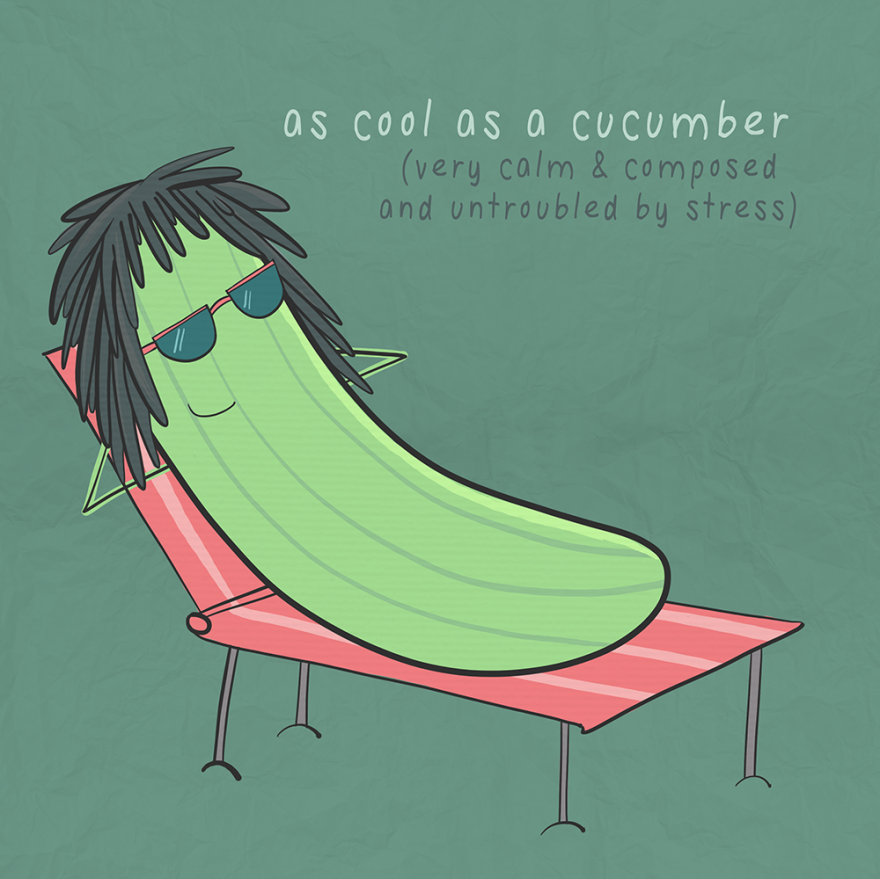
Have bigger fish to fry - Have more important things to do.
Example: I can't worry about her problems since I have bigger fish to fry.
As warm as toast - Very cozy and comfortable.
Example: Dad tucked the baby in for the night in his new blanket and made sure he was as warm as toast.
Bread and butter- Something that provides you with an income.
Example: The tips at the restaurant were her bread and butter.
Full of beans - Feel energetic.
Example: She is full of beans from the moment she gets up to the time she goes to sleep.
Spill the beans - Tell a secret.
Example: She kept asking me to spill the beans but I didn't want anyone to know I was pregnant yet.
Not my cup of tea - Not to my liking.
Example: Wearing bright colors is not my cup of tea.
Cry over spilled milk - Worry about something that can't be fixed.
Example: I told her not to cry over spilled milk and to just practice for the next test.
Summarise with AI:

